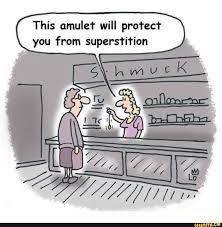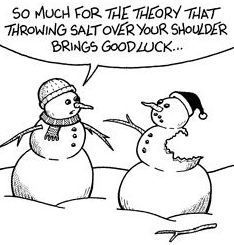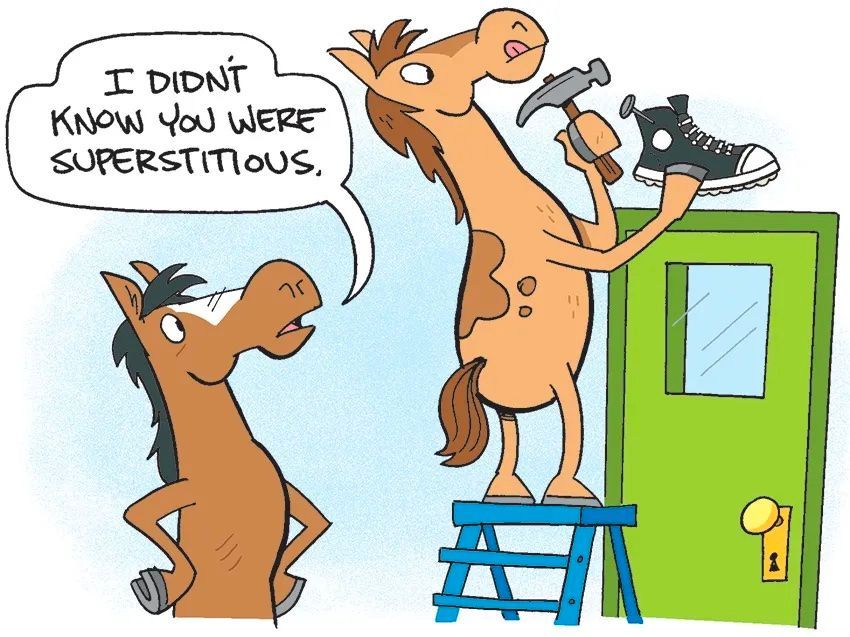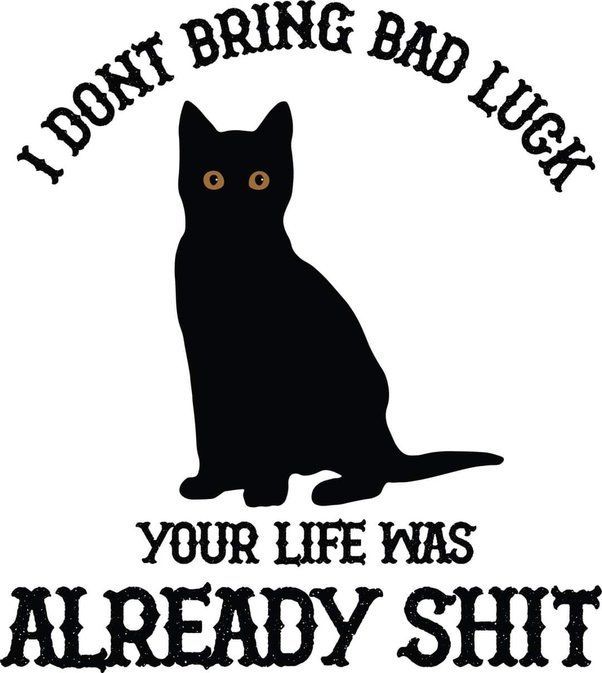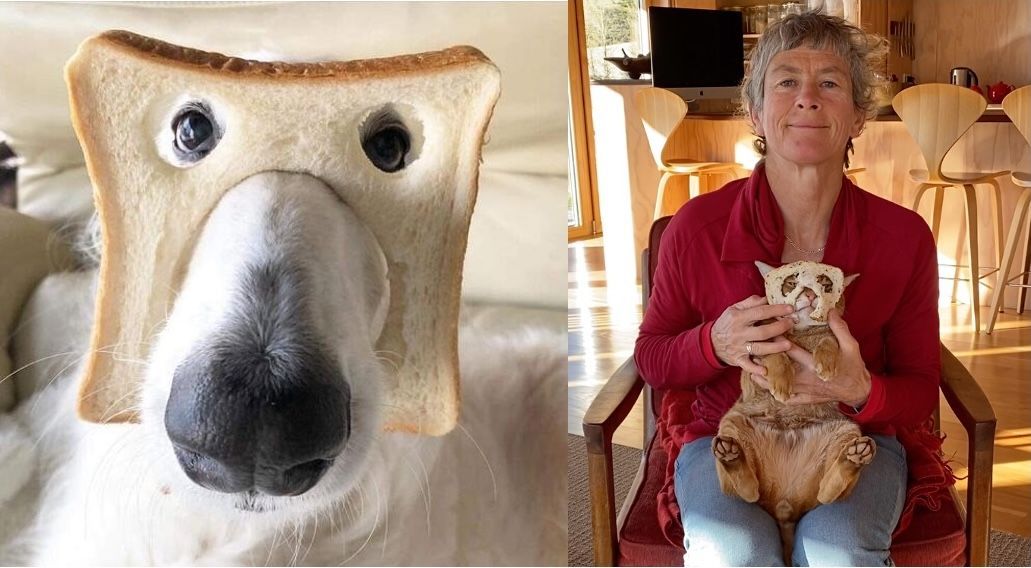Superstition
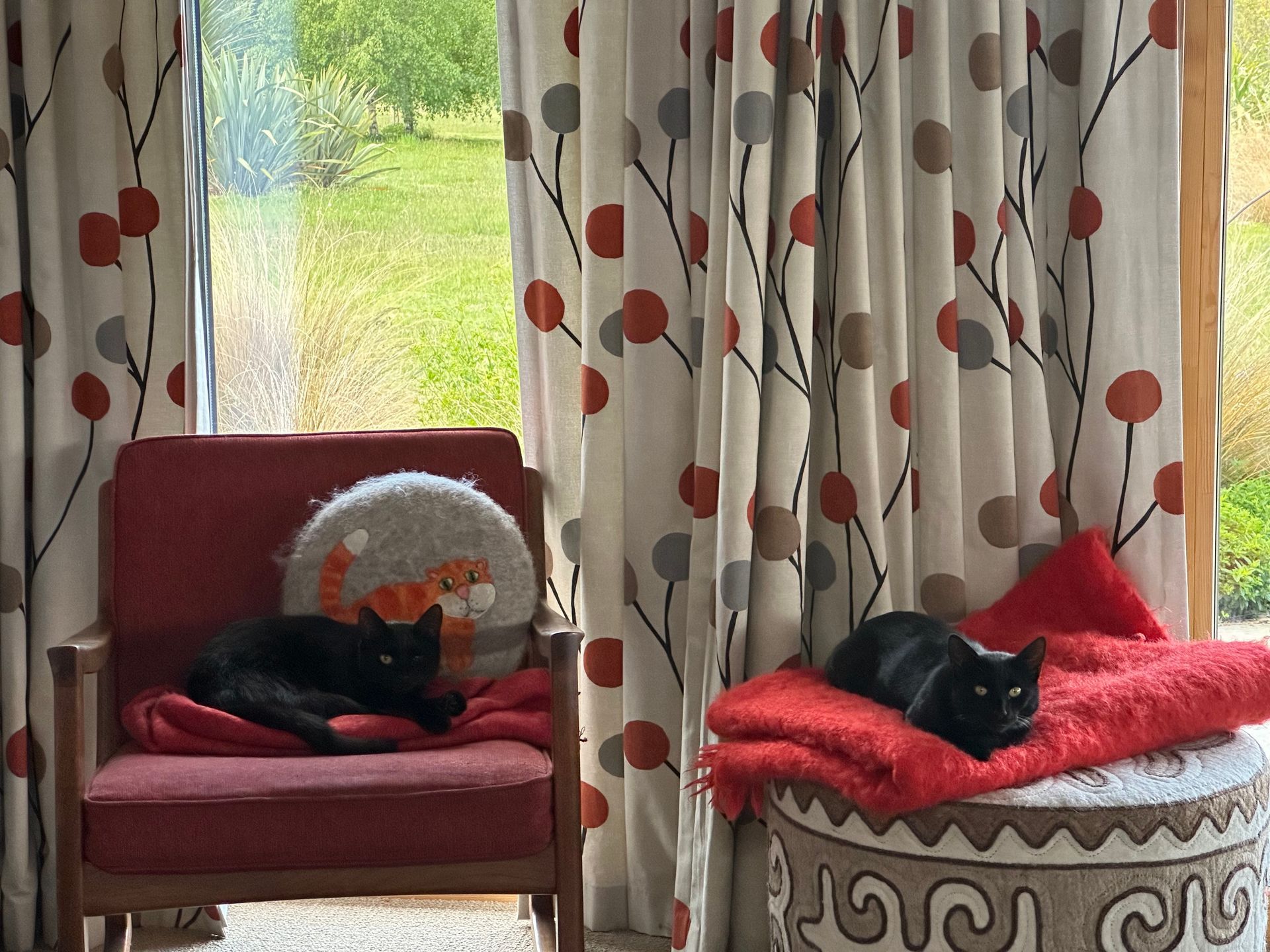
Should I be worried if Luna or Tui cross my path?
Halloween came and went and I was happy to be several hundred metres and two gates away from a public road without any necessity to buy sweets with which to placate visiting children. I’m not a fan of the underlying ‘trick or treat’ mentality – give me something or I’ll play a nasty trick on you. That sounds like Trump, or possibly Winston Peters?
The holiday of Halloween may date as far back as 3,000 years in Celtic culture. 2,000 years ago, the Celts spread into western Europe and Ireland, bringing with them their existing superstitions. Summer’s end was was known as ‘Samhain’, a night when the veil between the spirit realm and the living was at its most porous. It was the end of the harvest season and the beginning of winter, associated with death.
On Samhain, Spirits, fairies, goblins and other creatures could enter our world and cause mischief, including kidnapping children. Therefore, children dressed up so the spirit beings couldn’t tell who was a child and who was actually a spirit (seems like the spirits must have had bad eyesight). Such festivals were common through the centuries in Celtic-speaking regions, including Ireland and similar festivals took place in Scotland. Samhain remains a Wiccan holiday and may have been ‘Christianised’ as All Hallow’s Day, along with its eve.
Alternatively, the Christian church may have made up its very own festival of All Hallow’s. In the 300s this festival was held in mid May. However, by 800, churches in Ireland and Northumbria were holding a feast commemorating all saints on 1 November. By the end of the 1100s, the celebration was known as the holy days of obligation in Western Christianity and included traditions such as ringing church bells for souls in purgatory, criers dressed in black parading the streets calling on people to remember the poor souls, baking and sharing soul cakes for all christened souls. Groups would go door to door and collect soul cakes in exchange for praying for the dead – this could have been the origin of trick-or-treating. While ‘souling’, Christians would carry lanterns made out of hollowed out turnips to ward off evil spirits.
During the Reformation, the Protestants considered purgatory as a doctrine incompataible with predestination and abolished ceremonies involving praying for souls. All Hallow’s Day, however, remained in the liturgical calendar to commemorate saints as godly human beings. After 1605, All Hallows was superceded by Guy Fawkes Night, although various regions continued to hold ceremonies on All Hallows Eve. Over time, the beliefs of Samhain – the presence of spirits, became tangled up with beliefs of the souls of the dead returning on All Hallows Eve.
Colonists brought All Hallow’s Eve to America – following mass Irish and Scottish immigration in the 1800s, Halloween became a major holiday there and, by the early 1900s, had been assimilated into mainstream society and was celebrated by people of all backgrounds. Through American influence, Halloween traditions then spread to during the late 1900s and early 2000s into countries including mainland Europe, some parts of the Far East and New Zealand. New Zealand ‘got’ Halloween in the 1990s.
It's impressive how long the same superstitions can be culturally propagated through different groups of humans. Superstitions supposedly have their roots in times when we had no means of explaining the forces of the natural world. Humans used superstition to give a sense of control and thus reduce anxiety. By this logic, superstitions are also likely to become more prevalent in times of lack of security, fear and threat.
Should the rise of science have meant the death of superstition? It certainly hasn’t meant the death of people wanting to celebrate festivals (helped along by the consumer society wanting people to spend money on celebrating festivals). Nor can science completely replace superstition because likely there will always be phenomena not yet explained and, importantly, people want to feel like they have control over situations even where they know they have no control.

Bifolds holding the crockery inside in the February 2011 Canterbury earthquake
I have a set of superstitions that I hold to, despite being a died-in-the-wool scientist. I’m guessing many of you reading this do too. Here are mine:
· If I’m reading a scary book, before I go to sleep I turn it upside down and bury it under other books to stop the scary stories leaking out.
· If I see a coin on the footpath while walking or road while cycling I stop to pick it up on the basis that if the universe sees you think that money isn’t valuable it will take away money you already have.
· Before going to bed I close all the cupboard doors to prevent earthquakes. Of course I don’t really believe this will stop earthquakes, but I feel like an earthquake will hit (again) that one time I haven’t closed the doors because closed cupboard doors (particularly bifolds) help prevent your food, crockery and glasses from smashing all over the floor.
Unfortunately, I can’t claim that my superstitions all date from my childhood, when the world was more mysterious, given my earthquake door-closing exercise. My excuse is that earthquakes are a situation in which I feel like I have absolutely no control.
The last superstition I’m going to write about is the risk of a black cat crossing my path. Black cats have been linked to the occult as far back as the 1200s, when they were declared an incarnation of Satan in an official church document. Cats also became linked with witches in medieval Europe and the church had it in for witches. A black cat crossing your path became seen as a bad omen because the cat could be on a mission from a witch or could be the devil. As far as this superstition goes I am either doomed, or immune, given we have two black cats. However, I will still turn my books over, pick up coins and close the cupboard doors because, just like one vaccine doesn’t confer immunity to all diseases, one immunity does not confer protection in regard to all superstitions.New Paragraph
